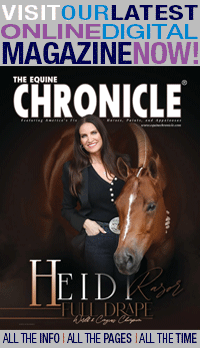CARES Act Addresses Horse Industry Concerns
April 3, 2020 Comments Off on CARES Act Addresses Horse Industry Concerns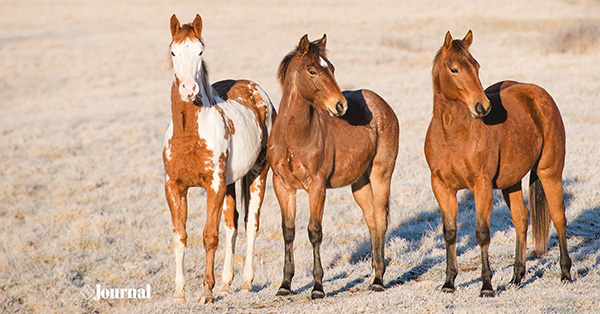
Self-employed professionals such as trainers and other independent contractors impacted by economic disruptions, including event cancellations, caused by “social distancing” should find this provision helpful.
Continue reading …EC TV- COVID-19 Schooling Survival Guide- Horsemanship Video Instruction
April 3, 2020 Comments Off on EC TV- COVID-19 Schooling Survival Guide- Horsemanship Video Instruction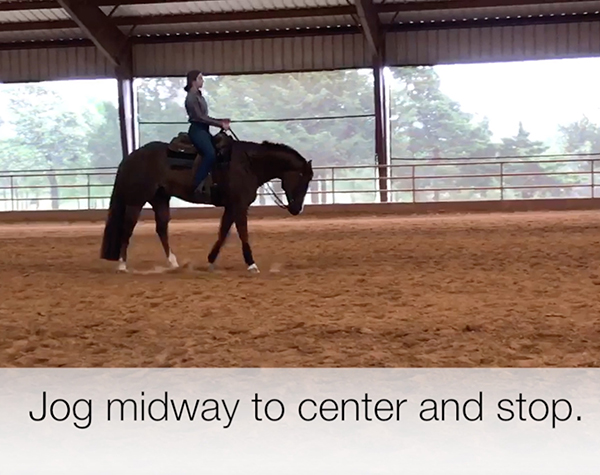
By now, you’ve had a chance to review our COVID-19 Schooling Survival Guide- Horsemanship with Arturo Maestas. Now, we have the video companion to this piece with the pattern being performed by Kaitlyn Smith riding Ona Kruze, under the guidance of Gillespie Show Horses.
Continue reading …Small Business Owner’s Guide to the CARE Act
April 2, 2020 Comments Off on Small Business Owner’s Guide to the CARE Act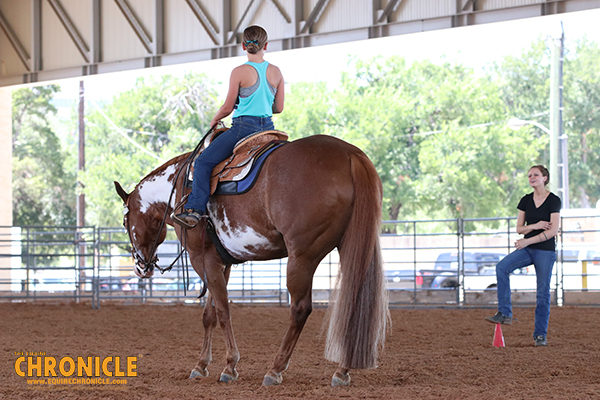
By now, You’ve likely heard of the CARE Act- a group of programs and initiatives passed by Congress. CARE stands for the Coronavirus Aid, Relief, and Economic Security Act. But government programs can often be confusing. Thankfully, the US Senate Committee On Small Business and Entrepreneurship has created an easy to understand guide about the […]
Continue reading …Survey on the Effects of Coronavirus Pandemic on Horse Owners
March 31, 2020 Comments Off on Survey on the Effects of Coronavirus Pandemic on Horse Owners
With COVID-19 impacting equine activities worldwide, Flair, LLC has teamed up with Dr. David Marlin and Science Supplements USA to develop a survey for those located in the US and Canada to better understand the effects of COVID-19 on horse owners, riders, trainers, grooms, stable managers, and other equestrian professionals. The survey takes approximately 5 minutes and asks for no personal information. We plan to use the information gathered to produce targeted advice on how to care for our horses during these unprecedented times.
Continue reading …COVID-19 Schooling Survival Guide- Horsemanship With Arturo Maestas
March 31, 2020 Comments Off on COVID-19 Schooling Survival Guide- Horsemanship With Arturo Maestas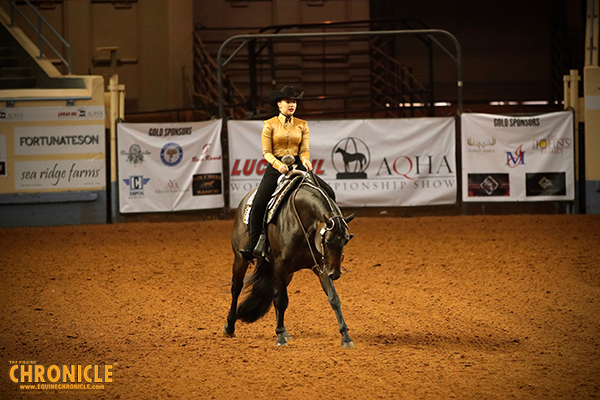
Because this pattern “tracks back on itself,” and has the horse and rider cross their original line of travel, the first line you make will be important as it will affect the future placement of every following transition.
Continue reading …House Passes Coronavirus Aid Relief and Economic Security (CARES) Act, Addresses Many Horse Industry Concerns
March 30, 2020 Comments Off on House Passes Coronavirus Aid Relief and Economic Security (CARES) Act, Addresses Many Horse Industry Concerns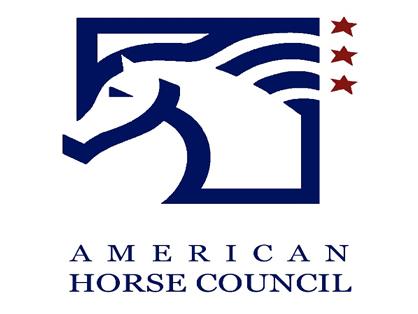
Because most equine enterprises characterize themselves as small businesses and include many non-profits such as state associations and equine rescue operations, the package addresses many challenges facing the horse industry. The following are highlights, with more details to follow after President Trump signs the bill into law.
Continue reading …Equine Disease Communication Center Launches Equine Coronavirus and COVID-19 Resources
March 29, 2020 Comments Off on Equine Disease Communication Center Launches Equine Coronavirus and COVID-19 Resources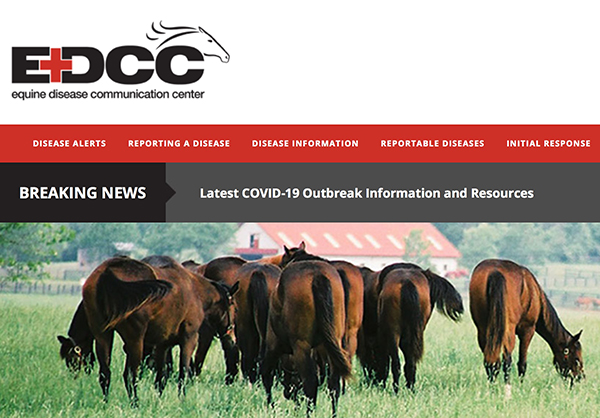
The EDCC’s COVID-19 resource page features fact sheets to help owners explain the differences between equine coronavirus (ECoV) and COVID-19 as well as needed tools to stay up to date on the latest information. Users will be able to download and print off fact sheets and educational materials that can be posted in barns and facilities.
Continue reading …EC TV- Lainie DeBoer With COVID- 19 Schooling Exercises For Equitation
March 27, 2020 Comments Off on EC TV- Lainie DeBoer With COVID- 19 Schooling Exercises For Equitation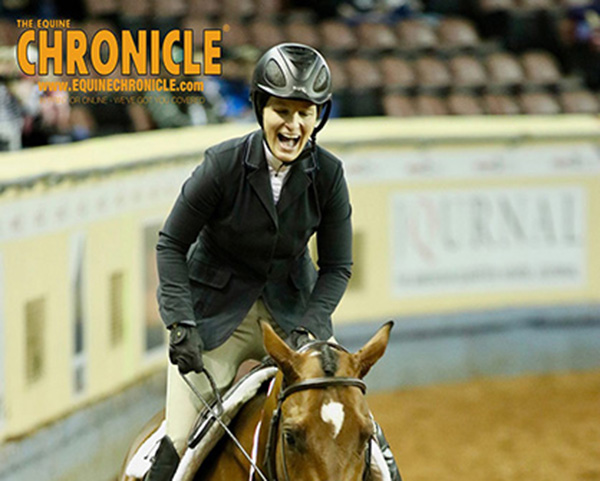
As promised, we have video instruction and explanation of the Equitation exercises provided by Lainie DeBoer in our COVID-19 Schooling Survival Guide for Equitation! It’s a great opportunity for some foundational skill practice while you’re in quarantine this weekend.
Continue reading …EC Lesson Plan For Kids #2- Markings of the Horse
March 27, 2020 Comments Off on EC Lesson Plan For Kids #2- Markings of the Horse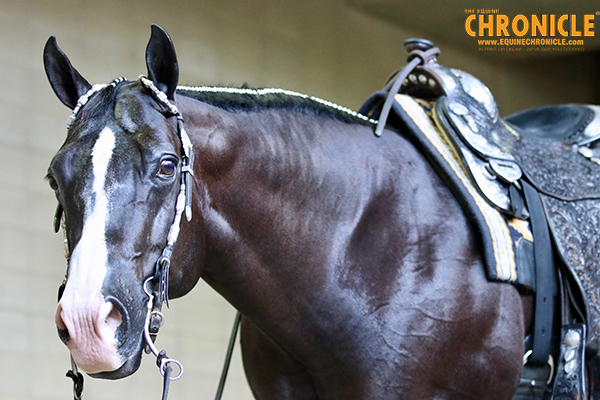
Today’s lesson plan focuses on the markings that our more colorful equines sport. Do you know the difference between a snip, strip, or crescent? What about a blaze, bald, or bonnet?
Continue reading …Equine Air Transportation During COVID-19: What You Need To Know
March 26, 2020 Comments Off on Equine Air Transportation During COVID-19: What You Need To Know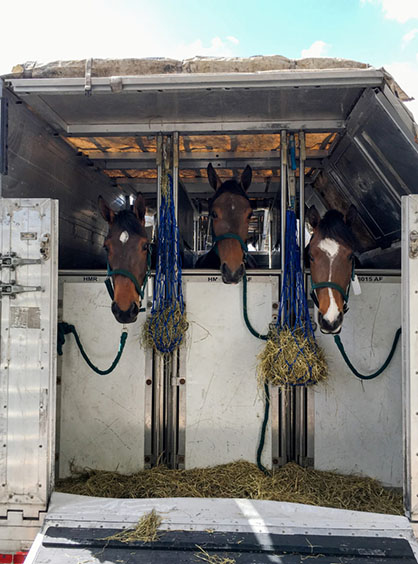
“At this point, we are not aware of any restrictions specific to travel for horses. The problem becomes the people that travel with the horses. We can’t send the animals alone, but if a country is not accepting non-citizens then we may not be able to send the pilots or grooms to the horses’ destinations because they won’t be legally allowed into the country. For that reason, some equestrians have had a hard time moving their horses internationally because they, as the owners or riders, may not be allowed into a certain nation, forcing them to seek alternative arrangements.”
Continue reading …